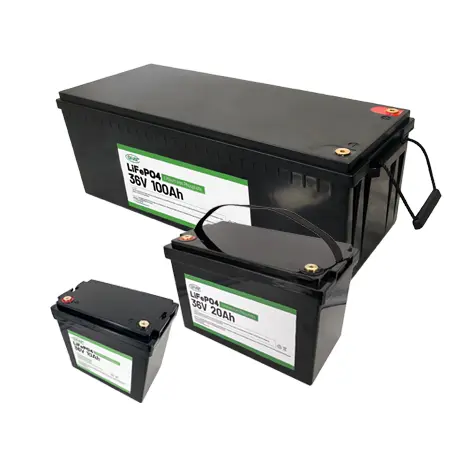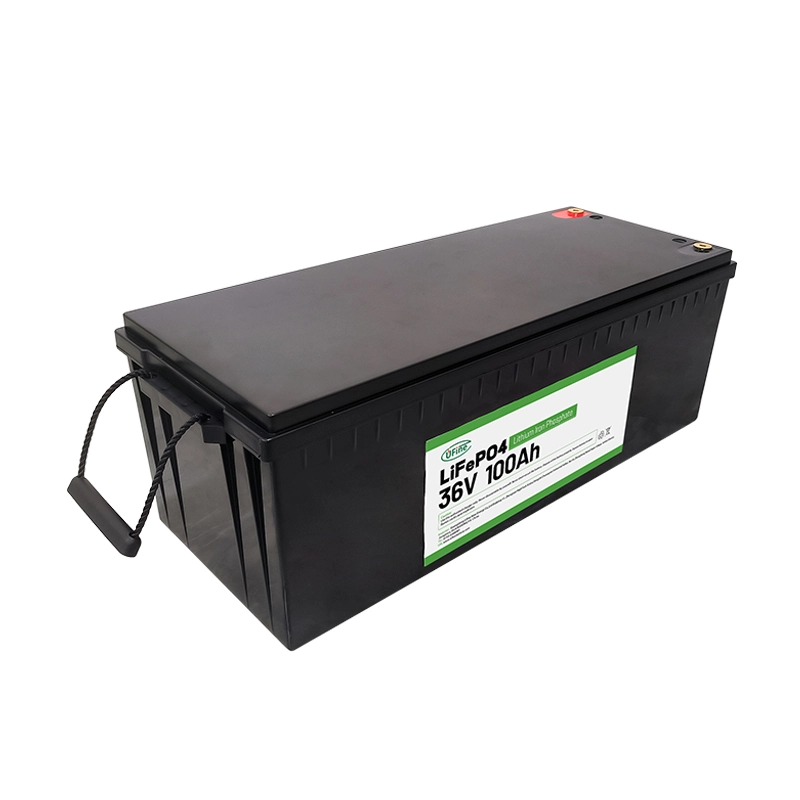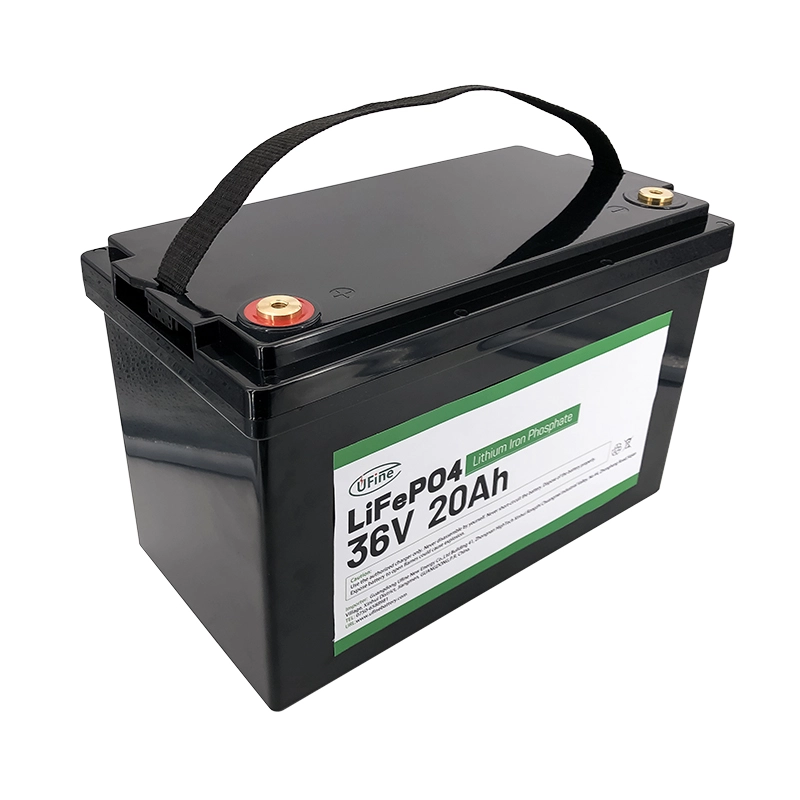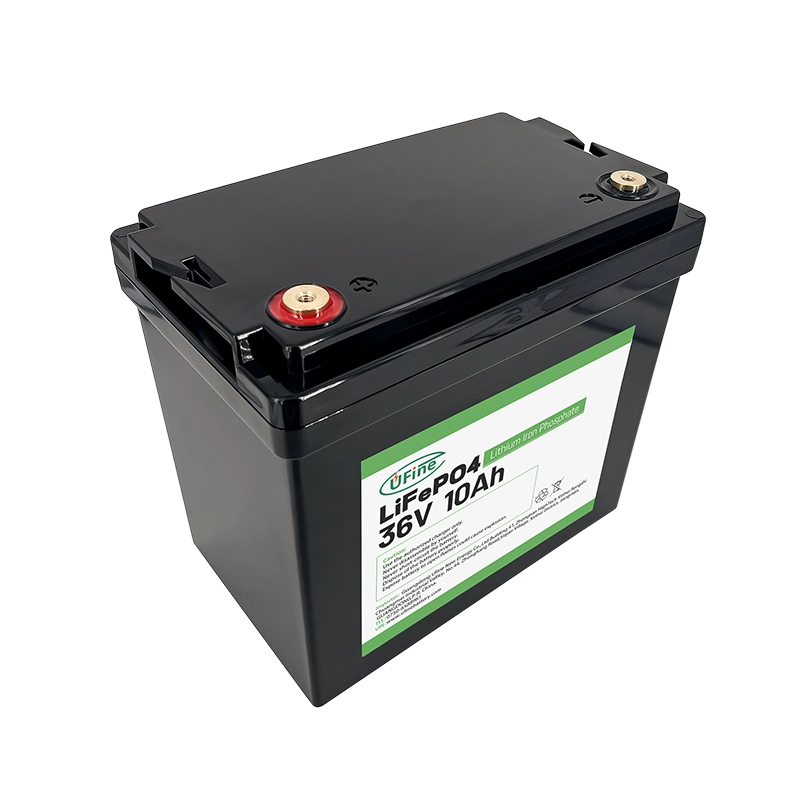Applications of 36 V LiFePO4 Battery

Tablet Battery
Tablet Battery currently use Lithium-ion rechargeable batteries. These batteries have a high energy density, minimal memory effect, and low self-discharge.

ECG Battery
The battery life of an ECG monitor depends on various factors such as the capacity of the battery, the power consumption of the device, and the usage frequency.

Lighting Battery
Lighting batteries typically use lithium batteries as their power source. Lithium batteries are favored for their high energy density, longer shelf life, and superior performance, especially in extreme temperatures.

Power Tool Battery
There are many types of power tool batteries, with lithium-ion (Li-ion) batteries being the most common because of their high energy density, long life and light weight. They are critical for construction, carpentry and home improvement work.
Related Articles

Everything About LiFePO4 Battery Cells
Get an in-depth understanding of LiFePO4 cells. Find out their benefits and applications in this easy-to-follow guide. Start optimizing your energy solutions now!
2024-1-19 Ufine
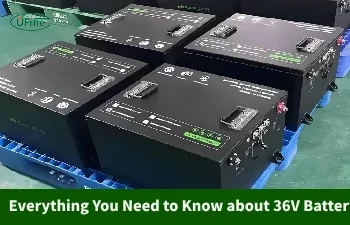
The Ultimate Guide to 36V Battery
Considering a 36V battery? We break down its power, lifespan, and best applications. Find out if it's the right choice!
2024-7-22 Ufine
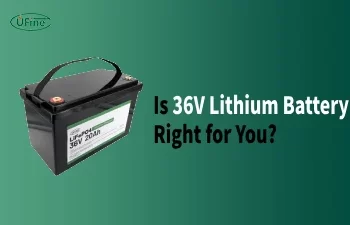
How Can 36V Lithium Battery Improve Your Device?
36V li batteries are the go-to choice for many. Let's dive into what makes the 36V lithium battery unique and why you should consider using it for your devices.
2024-7-23 Ufine
FAQs About 36 V LiFePO4 Battery
-
What applications are best suited for thin film batteries?
Thin film batteries are perfect for applications in wearable technology, smart devices, and any product where size and weight are critical factors. They provide reliable power without adding significant bulk. -
How do I know if a thin film battery is right for my product?
To determine if a thin film battery is suitable, consider your device's size, power requirements, and usage conditions. Ufine Battery's team can help you assess your needs and select the appropriate thin battery. -
Can I customize a curved battery for my smart ring?
Yes, Ufine Battery offers customization options for curved batteries, allowing you to tailor the size, voltage, capacity, and shape specifically for your smart ring design. -
How can I determine if a curved battery is suitable for my device?
To assess the suitability of a curved battery for your device, consider the shape, size, and power requirements. Ufine Battery's experts can guide you in selecting the right curved battery for your smart ring or other wearable devices. -
What does high rate of battery discharge mean?
A high rate of battery discharge means the battery can release its stored energy quickly, measured in current (amperes) or C-rate. It is essential for applications needing rapid power, such as electric vehicles and power tools. -
What is the best battery discharge rate?
The best battery discharge rate varies by application. For consumer electronics, a rate of 0.5C to 1C is usually sufficient. For high-performance uses like electric vehicles, higher rates (2C to 10C or more) may be needed. -
Which battery is best for high temperature?
Lithium iron phosphate (LiFePO4) batteries are best for high temperatures due to their excellent thermal stability and safety. -
What is the high temperature for a LiFePO4 battery?
The high temperature limit for LiFePO4 batteries is around 60°C (140°F) for continuous use. They can handle short-term exposure up to 85°C (185°F). -
Can low temperature batteries be charged in cold conditions?
Yes, many low temperature batteries can be charged in cold conditions, but charging rates may be reduced to protect the battery's health. It’s important to refer to the manufacturer's guidelines for optimal charging temperatures to ensure safety and longevity. -
What applications are suitable for low temperature batteries?
Low temperature batteries are ideal for applications such as outdoor power tools, winter sports equipment, electric vehicles in cold climates, and any devices that may be used in frigid conditions. Their design ensures reliable performance where traditional batteries may fail.
